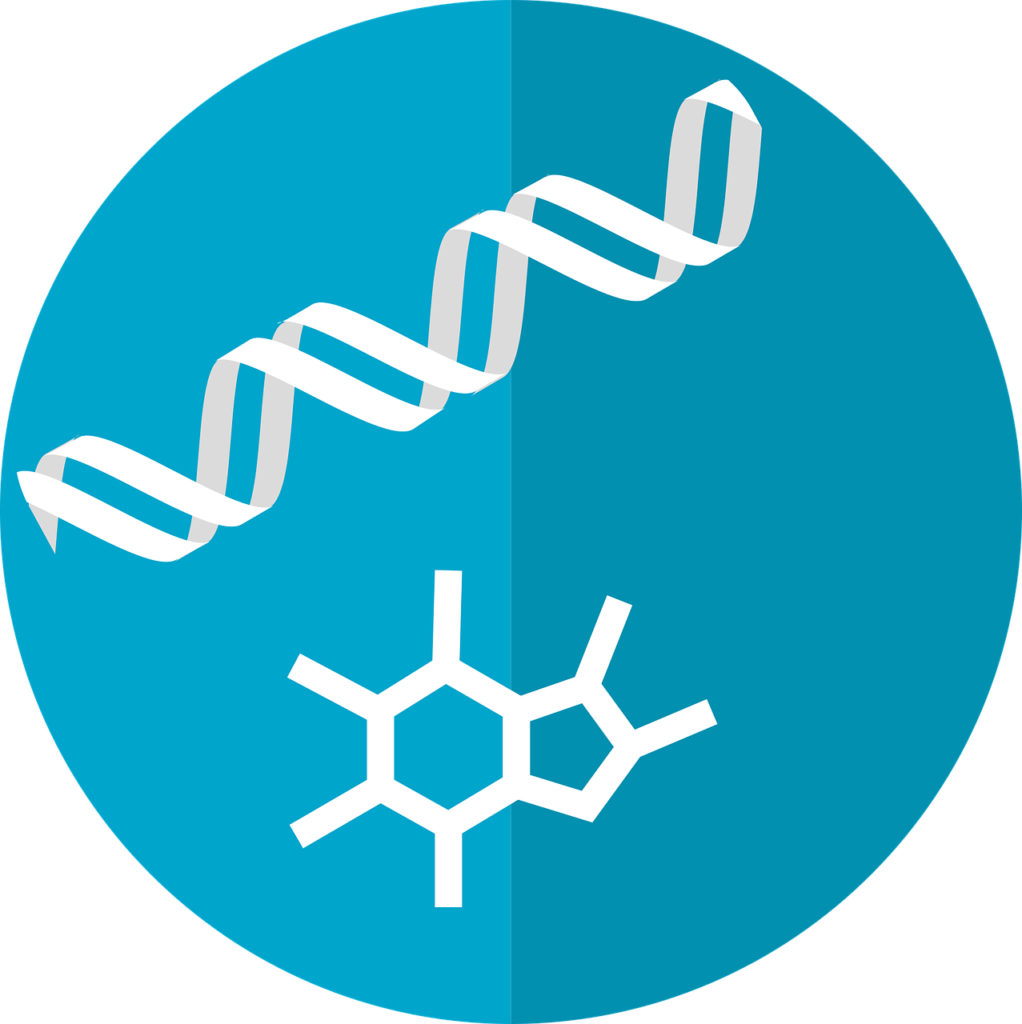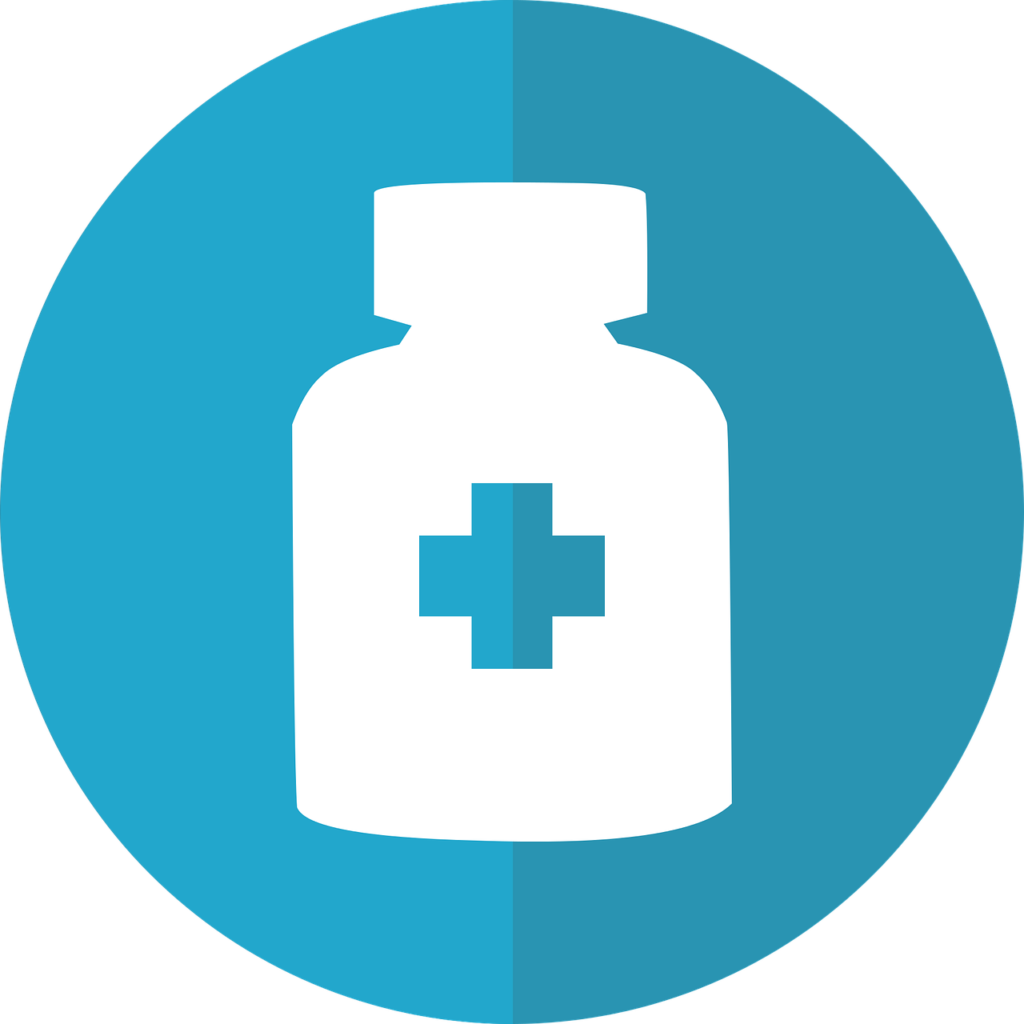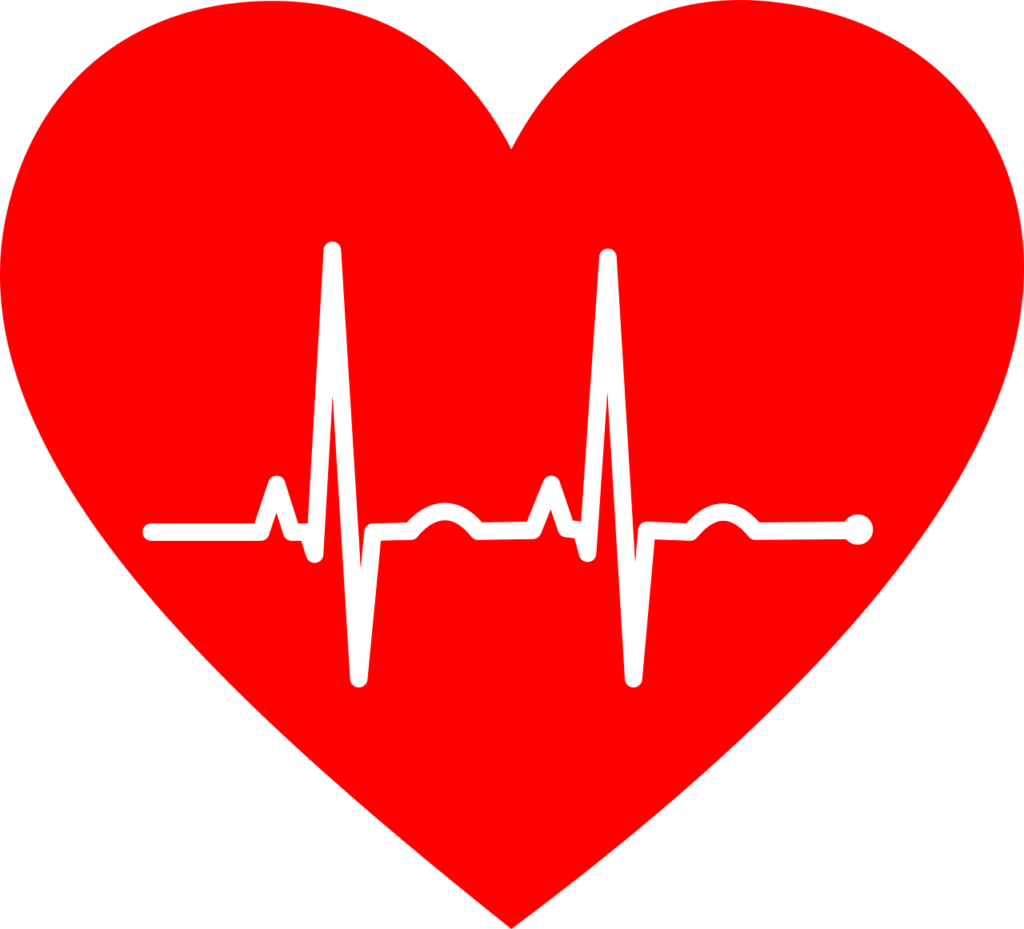Chewable aspirin for chest pain is also known as acetylsalicylic acid. It is a weak acid is widely administered as an over-the-counter chest pain medication and is known for its pain-relieving, anti-inflammatory, and antiplatelet properties. One of its significant applications is in the context of chest pain, particularly in instances associated with cardiac issues. In this post, I will guide you through the administration of aspirin for chest pain, its biochemistry/mechanism of action, dosage recommendations, precautions, potential benefits, and its role in managing cardiac conditions.
Aspirin and Chest Pain
Aspirin is used to relieve:
- Angina Pectoris: Angina pectoris is a condition characterized by chest pain or discomfort due to reduced blood flow to the heart. Aspirin is often used to alleviate angina symptoms and improve blood flow to the heart.
- Heart Attack (Myocardial Infarction): Aspirin is a crucial component in the immediate management of a heart attack. It can help prevent further blood clot formation and reduce the size of the clot, aiding in the restoration of blood flow to the heart.
Importance of Administering Aspirin for Chest Pain
Administration of aspirin tablets is imperative in cases of suspected heart attack or chest pain due to its ability to prevent the formation of blood clots. A thrombus frequently obstructs a coronary artery during a heart attack, resulting in decreased blood supply to the heart muscle. By preventing platelets from aggregating, aspirin tablets can help stop the clot from getting bigger. Aspirin tablets taken as soon as symptoms appear may help prevent heart muscle damage and increase survival rates. But before taking aspirin, it’s imperative to speak with a doctor, particularly if you have any sensitivities or underlying medical concerns.
Mechanism/Biochemistry of Action of Aspirin

Aspirin works by inhibiting an enzyme called cyclooxygenase (COX). This enzyme is responsible for catalysing the production of prostaglandins from leptomeninges, choroid plexus, and oligodendrocyte cells in the brain. Prostaglandins promote pain reception i.e. inflammation, and platelet aggregation. By inhibiting COX, aspirin in the aspirin tablets reduces inflammation, alleviates pain, and prevents platelets from clumping together to form blood clots.
Dosage/Administration Recommendations
The recommended dosage of aspirin for chest pain, specifically during a suspected heart attack. You need to chew the aspirin tablets to allow for faster absorption into the bloodstream.
Precautions and Considerations
- Consultation with your Healthcare Professional: Before taking aspirin for chest pain, you need to consult your healthcare professional, especially if you have any underlying medical conditions, are on other medications, or have a history of allergies.
- Allergies and Sensitivities: Individuals with allergies to aspirin or other nonsteroidal anti-inflammatory drugs (NSAIDs) should avoid using aspirin.
- Medical Conditions: Aspirin should be used with caution in individuals with a history of gastrointestinal bleeding, peptic ulcers, kidney disease, or liver disease.
- Pregnancy and Breastfeeding: Pregnant or breastfeeding women should consult their healthcare provider before using aspirin, especially in higher doses.
Potential Benefits of Aspirin for Chest Pain

- Preventing Blood Clots: Aspirin’s antiplatelet properties help prevent blood clot formation, particularly in the arteries supplying the heart.
- Reducing Inflammation: By inhibiting COX, aspirin reduces inflammation that may contribute to chest pain, especially in conditions like angina.
- Alleviating Pain: Aspirin’s pain-relieving properties can help manage discomfort associated with chest pain.
Aspirin in Cardiac Health
Aspirin is a cornerstone in the management of cardiac conditions and plays a crucial role in the prevention of heart attack and stroke. For individuals with a history of heart disease, aspirin therapy may be recommended by healthcare professionals to reduce the risk of recurrent cardiac events.
Proper Administration of Aspirin
When administering aspirin for suspected heart-related chest pain:
- Chewable Aspirin: It is advised to consume a chewable aspirin that is regular strength, uncoated, and usually contains 325 mg. Chew it well and drink a full glass of water before swallowing. Its rapid action is facilitated by this approach, which permits faster absorption into the bloodstream.
- Seek Immediate Medical Attention: It’s imperative to contact emergency services or go straight to the hospital after taking an aspirin. If taking aspirin causes the chest pain to lessen, that doesn’t mean a professional evaluation isn’t still necessary. To identify the source of chest pain and guarantee the right course of therapy, prompt medical evaluation is essential.
- Remain Calm: You should try to maintain as much peace as you can while you wait for medical assistance. Steer clear of any demanding activities since they could make the condition worse. It is important to remember that stress and anxiety can exacerbate chest pain, so it is advisable to practice relaxation techniques such as deep breathing or meditation. Additionally, it is crucial to avoid self-medicating or taking any other medication without consulting your healthcare professional, as it may interfere with the evaluation and treatment process.
Frequently Asked Questions

Q1: If aspirin helps chest pain is it a heart attack?
A: While aspirin may potentially provide relief for chest pain associated with a heart attack, its effectiveness alone does not confirm that you have a heart attack. There’s no need for an alarm. Chest pain can have various causes, and aspirin is often recommended to you because it can help prevent blood clot formation and improve blood flow to the heart. However, chest pain can also result from non-cardiac issues such as indigestion, muscle strain, or respiratory problems. If in doubt or if chest pain is severe, you must seek immediate medical attention, as a healthcare professional can conduct diagnostic tests like an ECG and blood work to confirm or rule out a heart attack or other serious conditions.
Q2: Is aspirin good for heart palpitations?
A: Aspirin is generally not recommended to treat heart palpitations, as these irregular heartbeat sensations can have various underlying causes, including heart rhythm disturbances or other cardiac issues. While aspirin can be beneficial for heart health in certain circumstances, such as preventing blood clot formation in individuals at risk for heart attacks or strokes, it is not typically used to address heart palpitations. If you experience heart palpitations, it is advisable to consult a healthcare provider to determine the specific cause and appropriate treatment, which may involve addressing any underlying heart condition or related factors.
Q3: How quickly does aspirin work?
A: Aspirin typically starts working approximately within about 19-31 minutes to an hour after it’s ingested. It is absorbed into the bloodstream relatively quickly, and its effects can be observed as it begins to reduce pain, inflammation, and fever, and inhibit blood clot formation. However, the onset and duration of action may vary based on factors such as the specific formulation (e.g., regular or chewable aspirin), individual metabolism, and whether you take it on an empty or full stomach. It’s important to follow the recommended dosage and guidelines on the product label or as advised by a qualified healthcare professional for safe and effective use.
Q4: What should be avoided when taking aspirin?
A: When taking aspirin, you need to avoid certain actions and substances. First, you should limit or avoid alcohol consumption, as it can increase the risk of stomach irritation and bleeding. Second, nonsteroidal anti-inflammatory drugs (NSAIDs) like ibuprofen and naproxen should generally be avoided or used with caution, as they can interact with aspirin. Furthermore, you should be cautious if you have a history of bleeding disorders or ulcers, as aspirin can exacerbate these conditions. Additionally, if you’re about to have surgery or dental work, inform your healthcare providers about your aspirin use, as it may need to be temporarily stopped to prevent excessive bleeding. Always consult with a healthcare professional to ensure safe and appropriate aspirin usage, especially if you have underlying health conditions or are taking other medications.
Q5: What can I take instead of aspirin for my heart?

A: If you’re looking for an alternative to aspirin for heart health, it’s advisable to consult with a healthcare professional to determine the most suitable option for your specific circumstances. In many cases, your doctor may recommend other antiplatelet medications like clopidogrel or prasugrel to reduce the risk of blood clot formation and improve heart health. The choice of medication will depend on your individual medical history, risk factors, and health needs. It’s essential to have a healthcare provider guide you in selecting the most appropriate treatment for your heart condition.
Q6: What natural remedy can replace aspirin?
A: Several natural remedies can potentially provide heart-healthy benefits but should not be considered direct replacements for aspirin without consulting a healthcare professional. Omega-3 fatty acids, found in fatty fish and supplements like fish oil, may help reduce the risk of heart disease. Garlic, as part of a heart-healthy diet, could have mild blood-thinning properties. Some individuals may explore herbal supplements like ginkgo biloba or turmeric for potential antiplatelet effects. However, the effectiveness and safety of these natural remedies can vary, and it is vital to discuss their use with a healthcare provider, as they may interact with other medications or health conditions.
Final Remarks
Aspirin, with its antiplatelet, anti-inflammatory, and pain-relieving properties, is a valuable medication for managing chest pain, particularly in the context of cardiac issues such as angina and heart attacks. Its ability to prevent blood clot formation and reduce inflammation makes it an essential component of immediate care during a heart attack. However, it’s important to use aspirin cautiously, following appropriate dosages and consulting a healthcare professional for personalized advice. As always, seeking prompt medical attention and adhering to healthcare provider recommendations is crucial for the effective management and treatment of chest pain and associated cardiac conditions. You can try approved OTC brands of aspirin for pain relief such as Bayer Aspirin 325 mg, Genuine Bayer Aspirin, 500 Tablets, and Bayer Aspirin Regimen Low Dose 81mg, 400 Tablets, Safety Coated Delayed Release.
Having learned a lot about aspirin, Can you take Advil for chest pain in the same way as aspirin?
You can manage your health with health nutrition, check out our amazing health plan.
Delve into informative health articles at The Antidote



